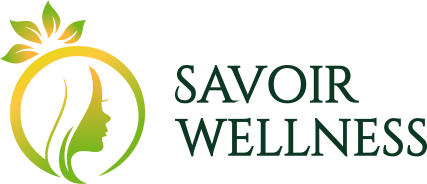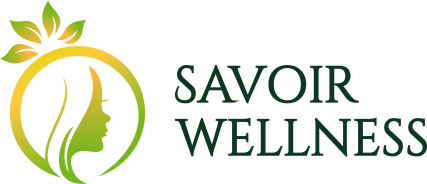Antioxidant therapies have gained significant attention in recent years due to their potential health benefits. From supplements to foods rich in antioxidants, these therapies aim to combat the damaging effects of free radicals in the body.
Free radicals are unstable molecules that can cause oxidative stress, leading to cell damage and various health issues, including heart disease, cancer, and aging. Antioxidants, on the other hand, neutralize these free radicals, reducing their harmful effects.
One popular antioxidant is vitamin C, found abundantly in citrus fruits, strawberries, and bell peppers. It supports the immune system and helps in collagen production. Vitamin E, present in nuts, seeds, and spinach, protects cell membranes from oxidative damage.
Polyphenols, another group of antioxidants, are found in foods like green tea, dark chocolate, and berries. These compounds have been linked to reducing the risk of chronic diseases due to their anti-inflammatory properties.
While getting antioxidants from food is ideal, some people opt for supplements. However, it’s important to note that excessive supplementation may not always be beneficial and could even have adverse effects. It’s best to obtain nutrients through a balanced diet whenever possible.
Antioxidant therapies are not only limited to dietary intake. Some skincare products boast antioxidant properties, claiming to combat skin damage caused by free radicals. Ingredients like vitamin C and green tea extract are often included in these products for their purported protective effects.
Research on antioxidants is ongoing, exploring their potential in preventing diseases and supporting overall health. However, it’s essential to consult healthcare professionals before starting any antioxidant therapy, especially for those with existing health conditions or those taking medications.
In conclusion, incorporating a variety of antioxidant-rich foods into your diet can contribute to overall health. However, it’s essential to maintain balance and not solely rely on supplements or specific therapies without professional guidance. Antioxidants play a role in promoting wellness, but they’re just one piece of the puzzle in achieving a healthy lifestyle.


